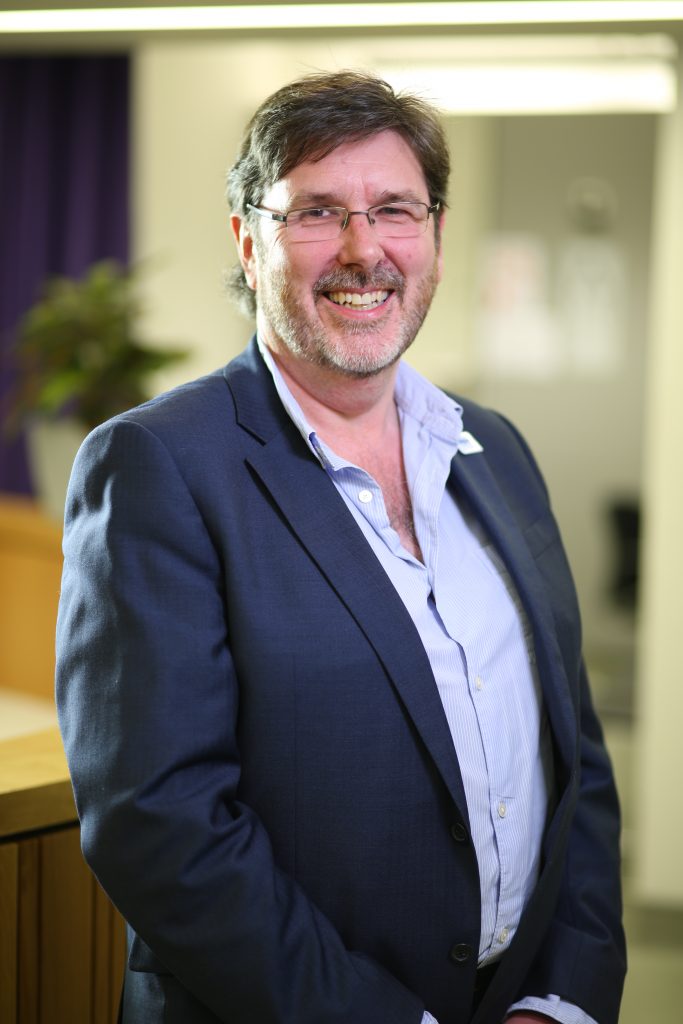The Association of Clinical Embryologists (ACE) asked Reproductive Science STP trainees ‘What does the trainee do as part of the Masters course?’
The following paragraphs have been written by past and present Trainee Healthcare Scientists about the Master’s in Clinical Science (Cellular Science) from Manchester Metropolitan University. Trainees were asked to write a couple of paragraphs describing what they have had to do for the Master’s course and what they like about the course.
Karimah Douglas – Trainee Healthcare Scientist – Centre for Reproductive Medicine, Coventry – Year of Intake: 2015
In addition to the exams, critical reviews and reflective reports, I have produced a range of presentations that have allowed me to learn from my peers, and gain confidence when presenting to a group. I recently prepared a presentation with the title ‘Infections and Infertility’, whilst other colleagues presented on topics such as ‘Obesity and Infertility’ and ‘Environmental Contaminants and Infertility’. We have all produced presentations for a journal club this year. I discussed artificial oocyte activation in ICSI cycles using surgically retrieved sperm. This encouraged me to explore the process of normal fertilisation and how we can attempt to mimic this in vitro.
The lectures are interesting and thought provoking, and they are not always based on the scientific knowledge we hope to gain during the course. A lecture given by an infertility counsellor challenged me to consider the psychological impact of going through fertility treatment on a deeper level. Additionally, a visit from some patients gave me an insight into the patients’ perception of the process, and a talk given by an ethicist highlighted the complexity of a range of important issues. This was helpful when I was writing one of my favourite assessments of this academic year – an ethical review. I chose to explore an international surrogacy case, and this lecture helped me to think about the case from many different positions.
The Masters course has been dynamic and has complimented my clinical training well. I am looking forward to my final year of study.
Laura Luxon – Trainee Healthcare Scientist – Centre for Reproductive Medicine, Coventry – Year of Intake: 2015
The Masters course that runs alongside the STP training is taught from Manchester Metropolitan University, with visits to the university throughout each year of training. The lectures are very useful as they coincide with your progression as a trainee, providing knowledge of both current research in the field and explanations of clinical procedures. I particularly enjoyed many of the guest lectures on topics such as history and current knowledge of embryo metabolism, and the talks by different members of the clinical team that helped me to understand what happens outside of the IVF laboratory. We also received a visit from a couple who had treatment previously, who explained the emotional rollercoaster of the process and opened our eyes to the patient experience.
One of the best activities in our last year of the Masters was the opportunity to practice different clinical scenarios with patient actors such as breaking bad news or explaining treatment processes and outcomes; this experience was really useful when I returned to the clinical setting and I could use the skills I had practiced in my role at work. Throughout the Masters course I was also able to develop my presentation skills regularly. We were tasked with giving presentations on patient case scenarios, problem resolution, journal clubs and presenting our project work to our peers and academics. These sessions were useful for my own development as I could take on a wealth of feedback. Overall I’ve found the Masters course a great accompaniment to my clinical training on the STP.
Jack Pearson – Trainee Healthcare Scientist – Leeds Fertility – Year of Intake: 2015
The Masters course I currently undertake at Manchester Metropolitan University builds the foundations for the practical work and decisions I make as a trainee Embryologist. The first year covered basic biology, genetics, reproduction professional practice, communication and ethics. This was delivered as 6 weeks at Uni and assessed by multiple choice exams and essay submissions. We also performed group presentations on broad aspects of biology such as novel testing of breast cancer genes involved in diagnostics, giving and receiving feedback from our fellow trainees and academic staff. So far the second year has involved more detailed study of reproductive biology and how an understanding of this enables the functioning of the IVF clinic. Topics include reproductive physiology, male and female infertility, semen analysis, stimulation protocols and all of the techniques within the laboratory. Exam questions asking what the pros and cons to using IVF/ICSI are, when to use different stimulation protocols and the causes of male and female infertility were then set. In the second year of the Masters course we also had the opportunity to meet patients and discuss their journey with them.
This has been by far the best part of the course as we had the chance to hear a reflection about their experience and how it could be improved without being in the clinic, which can be a sensitive and anxious environment at the time of treatment.
 The Manchester Academy for Healthcare Scientist Education (MAHSE) is pleased to announce that Prof Anne White has been appointed as a MAHSE Deputy Director and will lead on the HSST programme provision with MAHSE. Carol Ainley, MAHSE Director said “I am delighted that Anne has joined the MAHSE team as Deputy Director. She has been very effective in leading the DClinSci aspect of the HSST and will work with the NSHCS to take this programme forwards.”
The Manchester Academy for Healthcare Scientist Education (MAHSE) is pleased to announce that Prof Anne White has been appointed as a MAHSE Deputy Director and will lead on the HSST programme provision with MAHSE. Carol Ainley, MAHSE Director said “I am delighted that Anne has joined the MAHSE team as Deputy Director. She has been very effective in leading the DClinSci aspect of the HSST and will work with the NSHCS to take this programme forwards.”





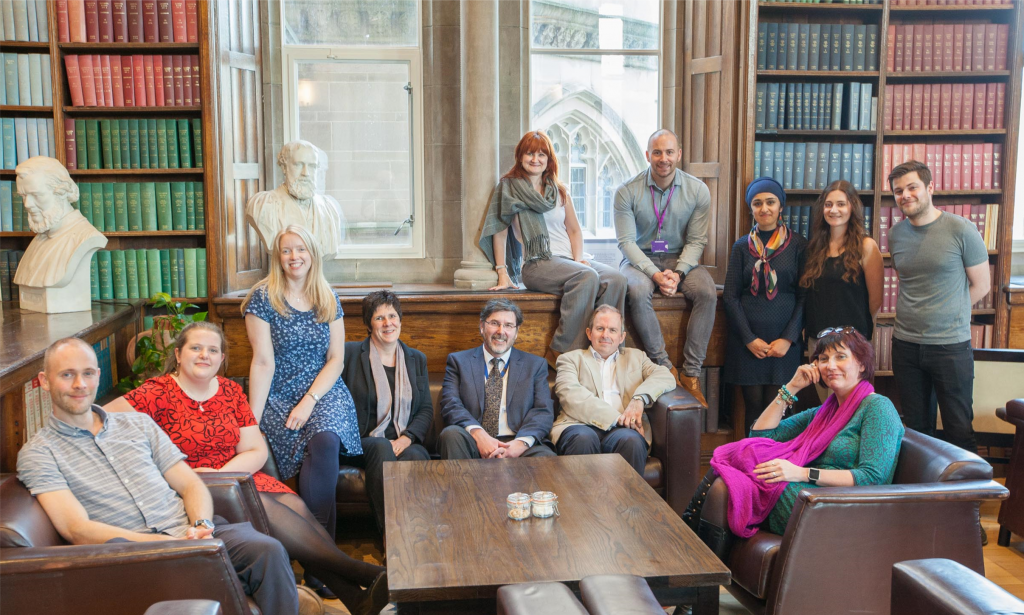 The Manchester Academy for Healthcare Scientist Education (MAHSE) are very proud to be one of fifteen winning teams of the Advance HE Collaborative Award for Teaching Excellence (CATE). The CATE recognises and rewards collaborative work that has had a demonstrable impact on teaching and learning. The award is recognition of the incredibly hard work that all our collaborative partners have put in since 2012 when MAHSE was first established.
The Manchester Academy for Healthcare Scientist Education (MAHSE) are very proud to be one of fifteen winning teams of the Advance HE Collaborative Award for Teaching Excellence (CATE). The CATE recognises and rewards collaborative work that has had a demonstrable impact on teaching and learning. The award is recognition of the incredibly hard work that all our collaborative partners have put in since 2012 when MAHSE was first established.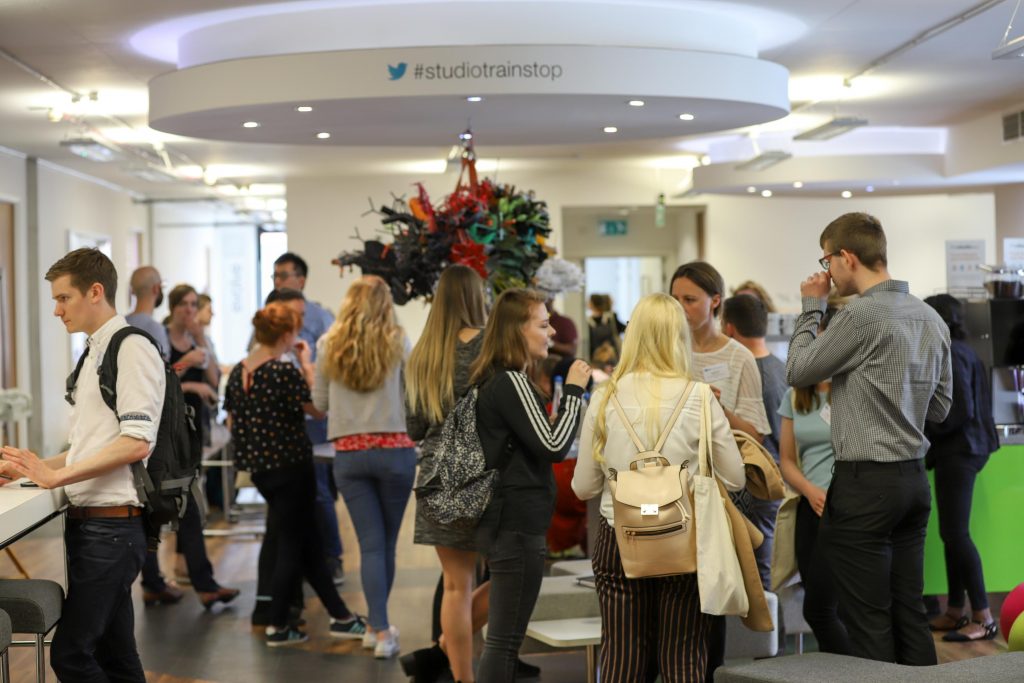
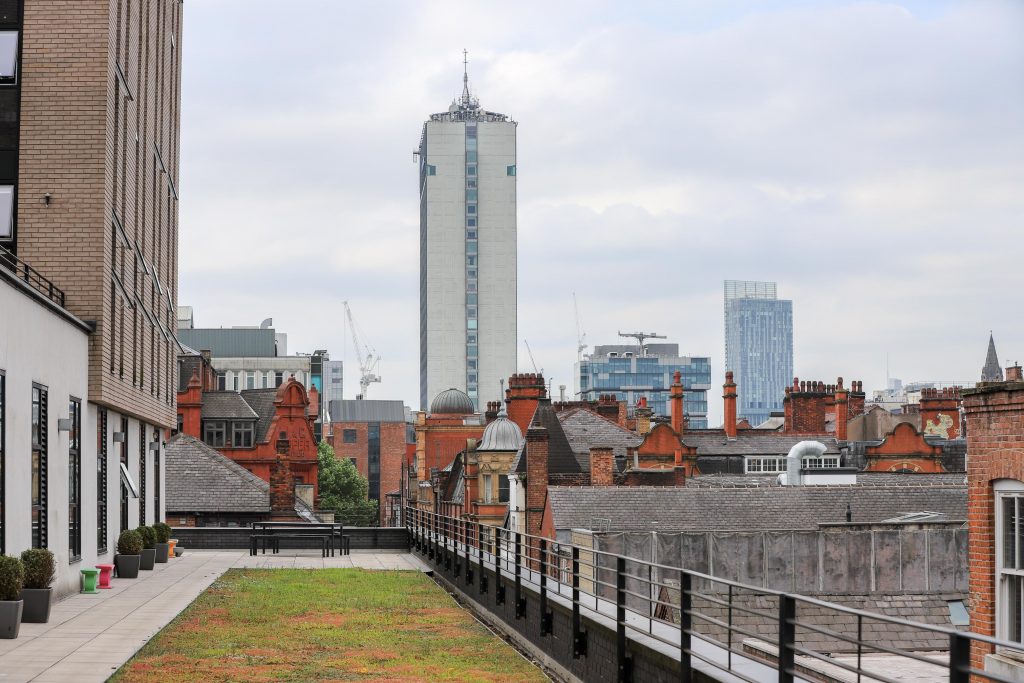
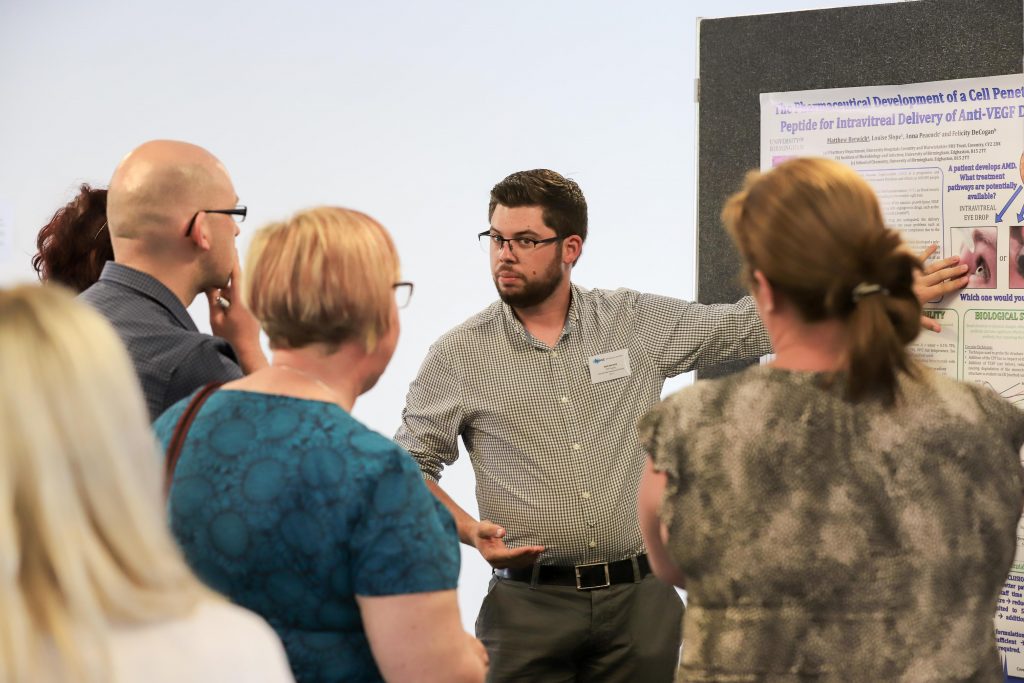
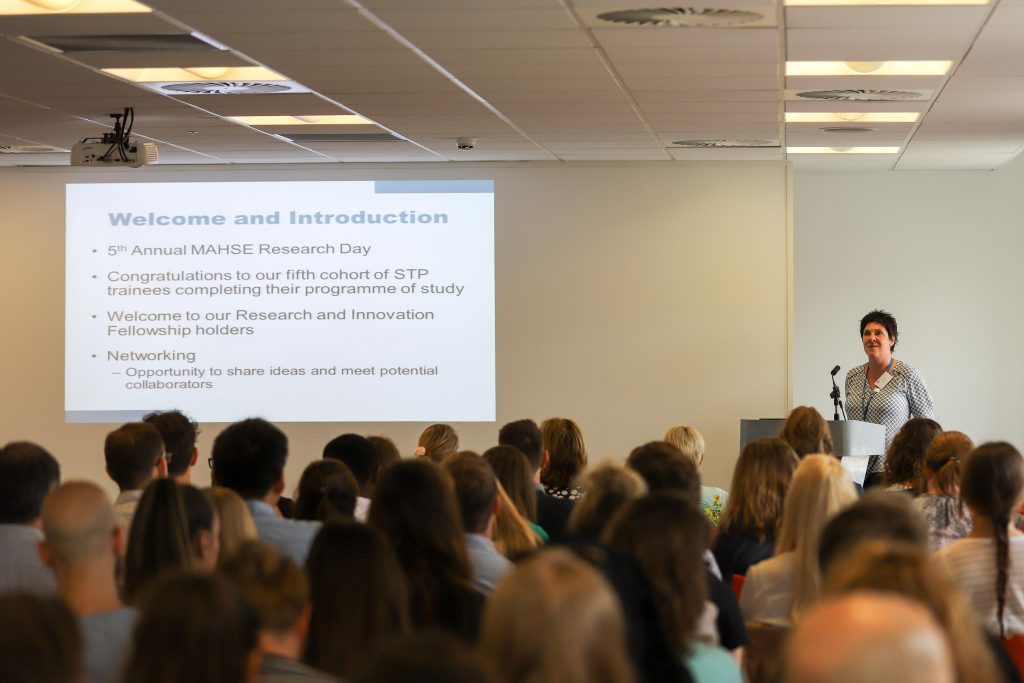
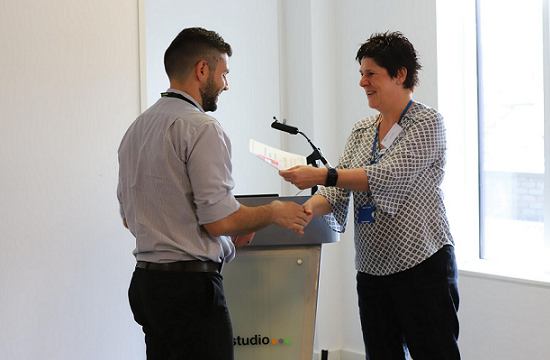
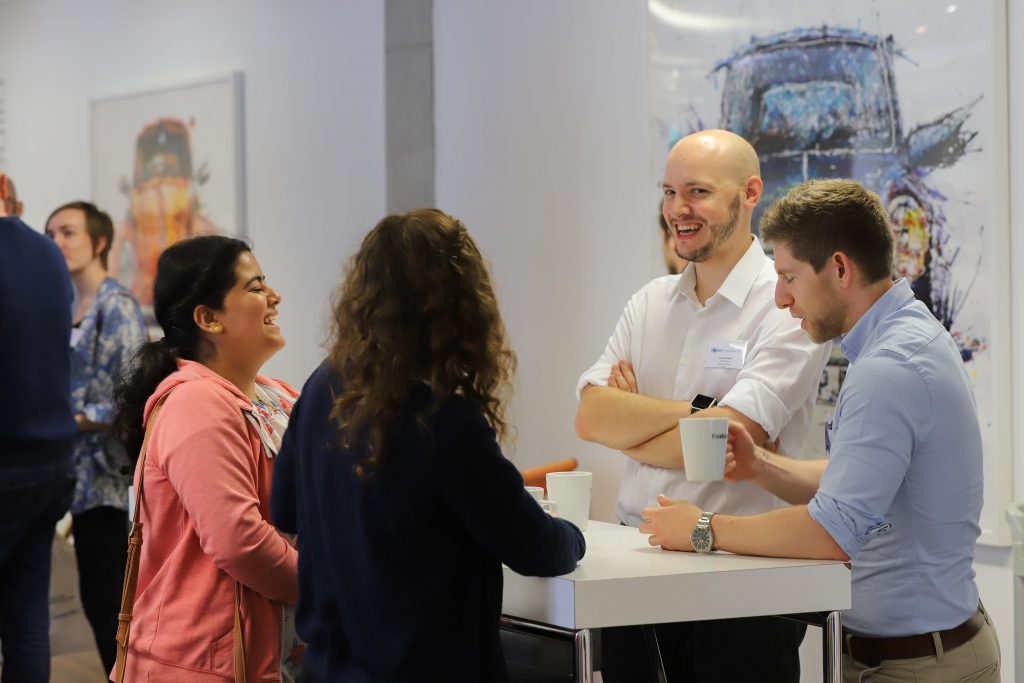

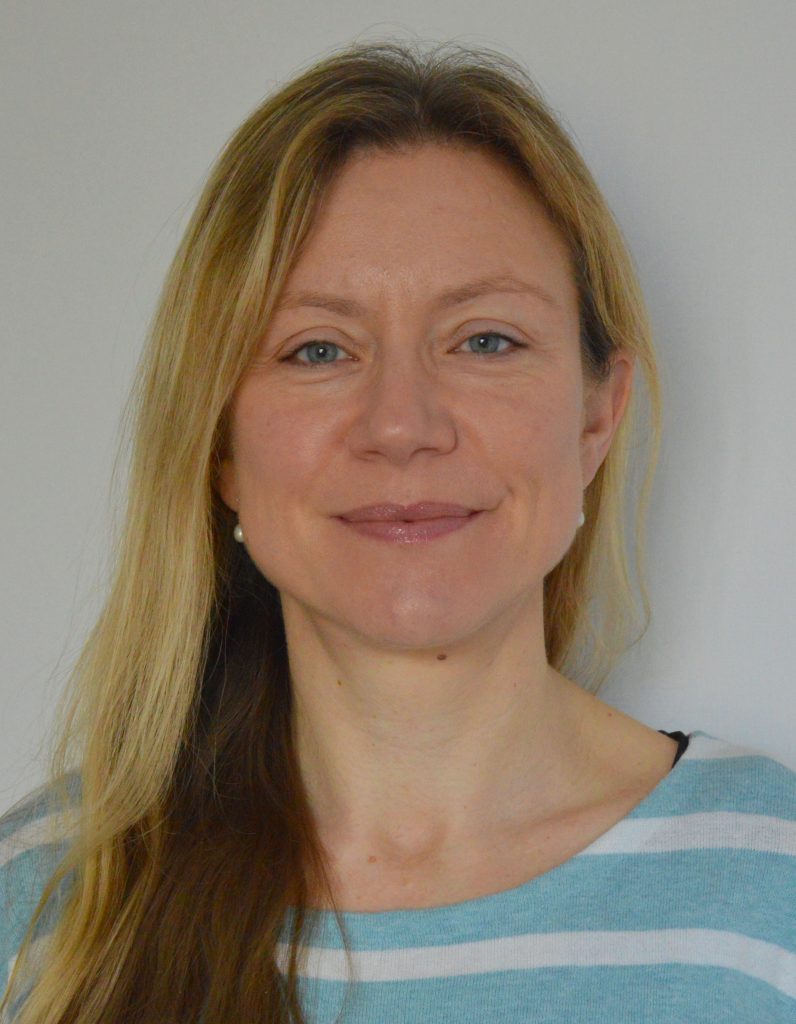 Catherine Jukes, Orthoptist, Blackpool Teaching Hospital NHS Foundation Trust
Catherine Jukes, Orthoptist, Blackpool Teaching Hospital NHS Foundation Trust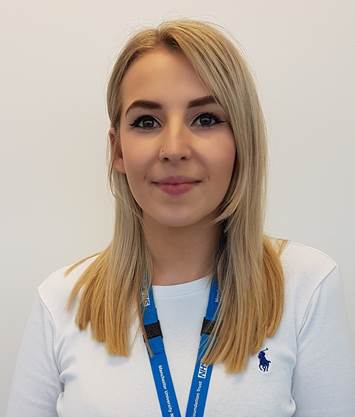
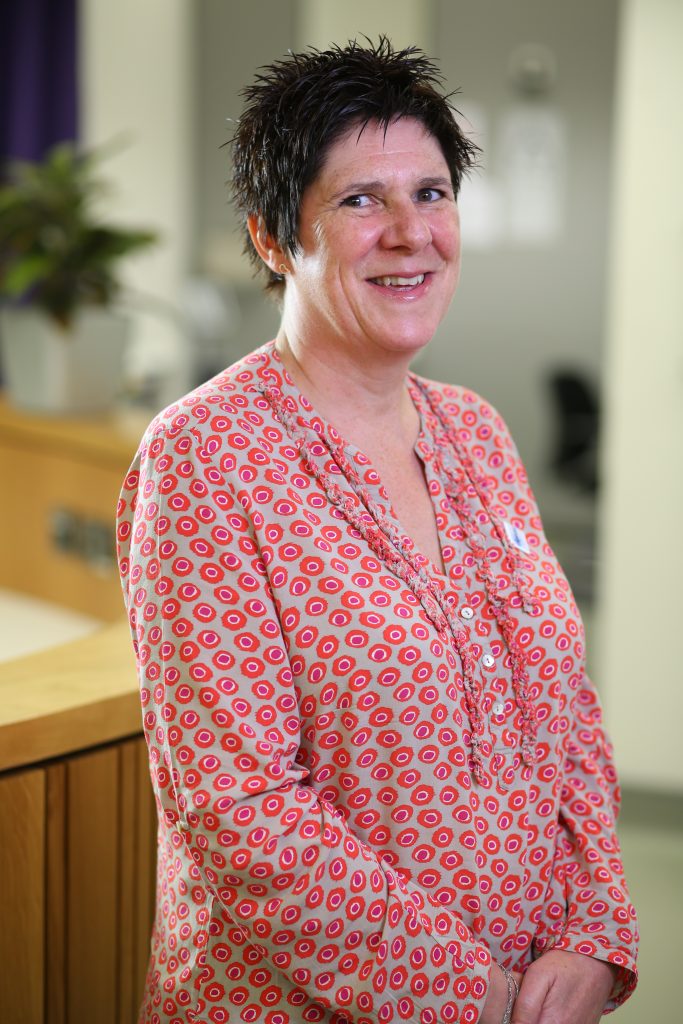 The Manchester Academy for Healthcare Scientist Education (MAHSE) is pleased to announce that Carol Ainley has been appointed as the new MAHSE Director. Carol is the Lead for Medical and Life Sciences Development at Manchester Metropolitan University and was formerly involved with MAHSE as the Deputy Director. Phil Padfield, the current MAHSE Director said ‘I am delighted that Carol has been appointed to succeed me. She has been a fantastic deputy director and I now leave knowing MAHSE is in very capable hands.’
The Manchester Academy for Healthcare Scientist Education (MAHSE) is pleased to announce that Carol Ainley has been appointed as the new MAHSE Director. Carol is the Lead for Medical and Life Sciences Development at Manchester Metropolitan University and was formerly involved with MAHSE as the Deputy Director. Phil Padfield, the current MAHSE Director said ‘I am delighted that Carol has been appointed to succeed me. She has been a fantastic deputy director and I now leave knowing MAHSE is in very capable hands.’